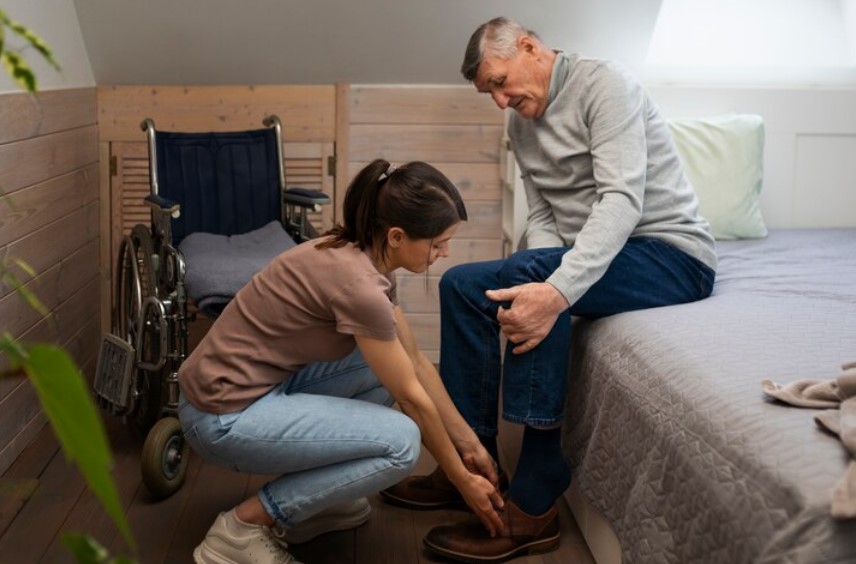18
Aug 2025
Preventing Falls with a New App: StandingTall
Published in General on August 18, 2025

Falls cost the Australian healthcare system over AU $2.8 billion each year, and older adults aged 65 and over face serious consequences—ranging from hip fractures to early admission into aged care—from such incidents. To help address this, Neuroscience Research Australia (NeuRA), in partnership with The Miroma Project Factory, has introduced StandingTall—Australia’s first clinically validated app offering a self-managed exercise program to improve balance, restore confidence, and reduce fall-related injuries in those aged 60 and above.
According to Professor Kim Delbaere, Director of Innovation and Translation at NeuRA’s Falls, Balance and Injury Research Centre, “StandingTall is more than just an app—it’s a ready-to-implement, cost-saving intervention for health services, aged care providers and governments.” The app delivers over 800 progressive, balance-focused exercises, which adapt automatically to each user’s ability. It runs intuitively, works offline, and requires no special equipment—ideal for use at home, in aged-care settings, and in regional or remote areas.
Based on more than a decade of research and involving over 2,000 older Australians in clinical trials, StandingTall has demonstrated a 20% reduction in fall-related injuries. Participants also reported heightened confidence and greater independence in daily life.
The evidence underscores that challenging balance for two hours a week over at least six months significantly decreases fall risk. Yet many people don’t know where to begin. StandingTall addresses this by making guided balance exercise easily accessible at home—from tracking your progress to embedding exercise as a habit—ultimately helping to protect individuals’ health and lower pressure on healthcare systems.
At a modest subscription of AU$30 per month, the app is cost-effective compared to twice-weekly in-person exercise classes and eliminates travel-related burdens. NeuRA is also exploring ways to offer StandingTall at no or reduced cost through partnerships with health services and aged-care providers.
NeuRA’s exercise physiologist, Alicia Brown, emphasised that older adults and health professionals were actively involved in co-designing the app. Their insights ensured StandingTall is practical, scalable, and tailored to older Australians’ lives.
Hospital-Stay Accommodation: A Vital Consideration for Older Travellers
For many older Australians—especially those travelling or living outside metropolitan areas—falls can necessitate short-term hospital stays. Yet securing nearby accommodation for post-hospital recovery or for accompanying family members is often a significant challenge. Reports from regional councils highlight that last-minute lodging can be rare and difficult to obtain, particularly during peak periods or in remote towns.
Providing designated hospital-adjacent, short-term lodgings could dramatically improve recovery outcomes and reduce stress for older adults and their families. This infrastructure could be integrated with fall-prevention programs like StandingTall to truly support both the prevention of falls and the comprehensive care that follows when they occur.
Summary
StandingTall stands out as a pioneering solution in Australia’s fall-prevention landscape—bringing clinically backed, cost-effective, and customizable balance training to older adults wherever they are. Paired with strategically developed accommodations near healthcare facilities, this approach can offer a holistic way to safeguard older Australians—both before and after a fall.









